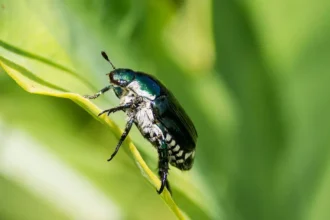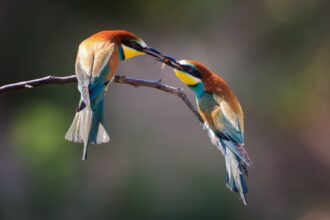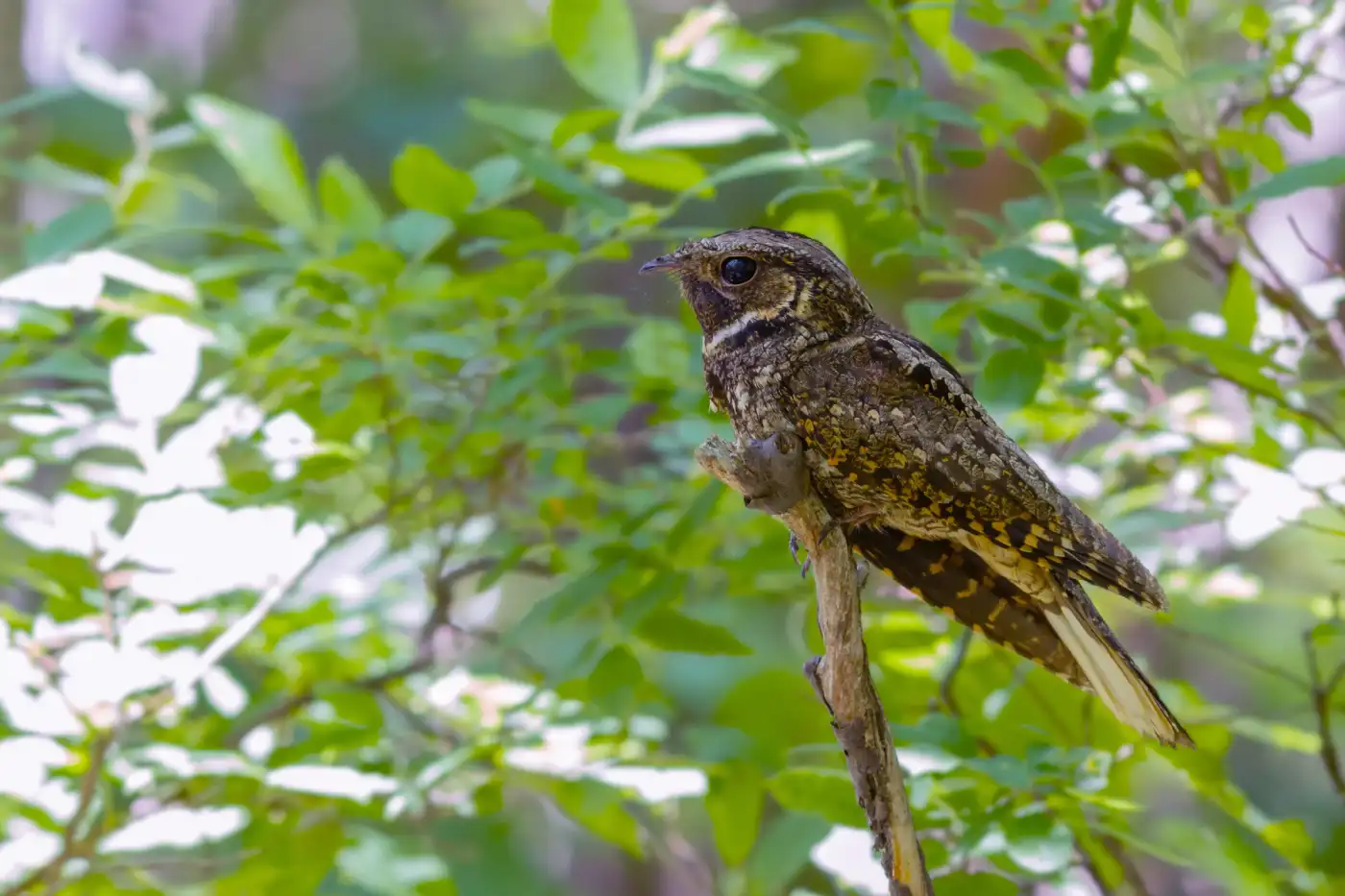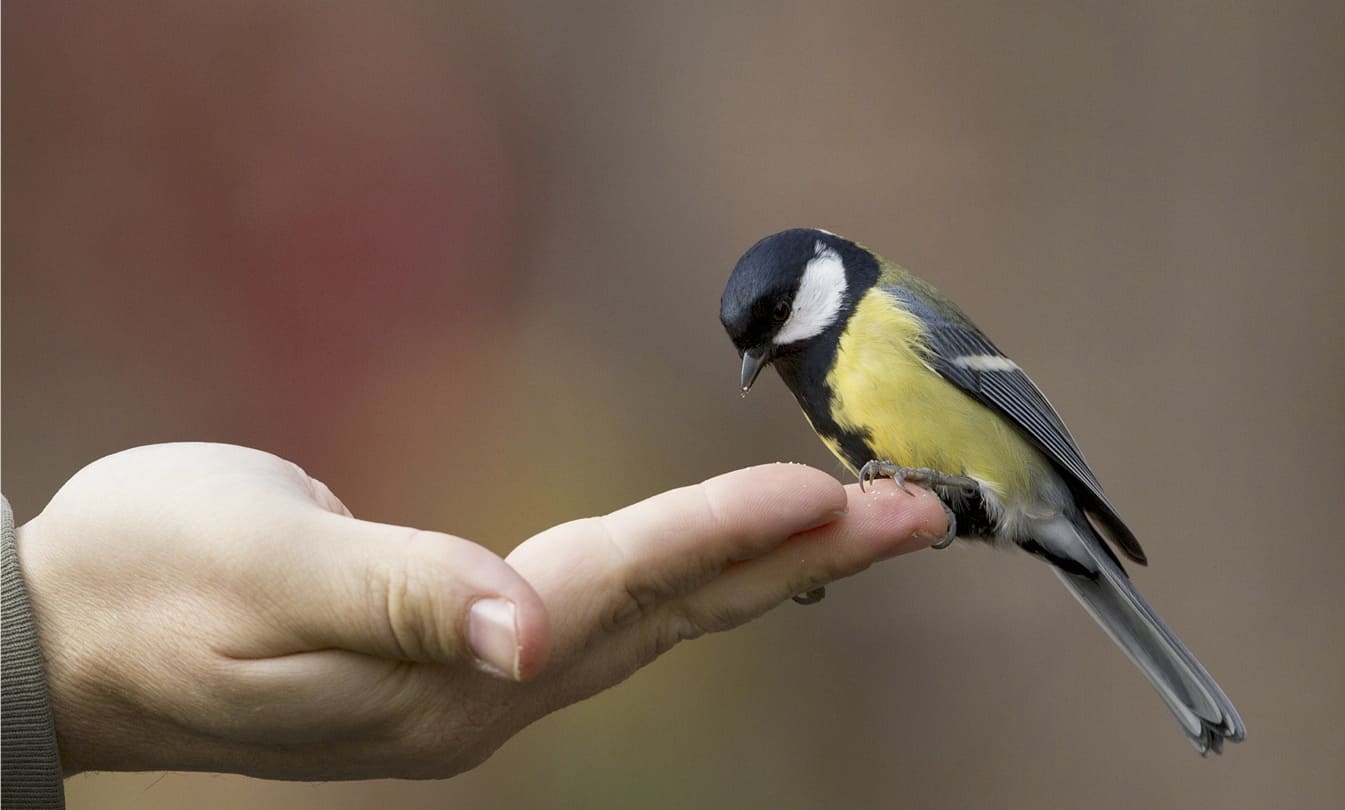wild bird nutrition
Wild birds require a varied and balanced diet to maintain optimal health.
Their diet may vary depending on their species, habitat, and the time of year.
However, in general, their diet should consist of:
- Seeds: Seeds are an essential part of a wild bird’s diet. Different species of birds prefer different types of seeds. For example, finches prefer small seeds like nyjer and thistle, while larger birds like cardinals and blue jays prefer sunflower seeds.
- Insects and other invertebrates: Many species of wild birds rely on insects and other invertebrates for protein. This includes meal worms, crickets, and other small bugs.
- Fruits and berries: Wild birds may also consume fruits and berries as part of their diet. This includes apples, grapes, elderberries, and many others.
- Nectar: Some species of birds, such as hummingbirds, rely on nectar as a significant part of their diet.
- Water: Water is essential for wild birds to stay hydrated, especially during hot and dry weather.
It’s important to note that not all foods are safe for wild birds.
Foods that are high in salt, sugar, or processed ingredients should be avoided.
mode of nutrition in birds
- Birds are heterotrophic organisms and obtain their nutrition by consuming other organisms or organic matter.
- The mode of nutrition in birds is primarily omnivorous, meaning they consume both plants and animals.
- The diet of a bird varies depending on its species, habitat, and availability of food.
- Birds have a beak or bill that is adapted to their feeding habits.
- The beak of a seed-eating bird, like a finch, is short and conical, allowing it to crack open seeds and remove the edible parts.
- The beak of a bird of prey, like an eagle, is hooked and sharp, allowing it to tear through the flesh of its prey.
- Unlike mammals, birds do not have teeth to break down their food.
- Birds have a muscular organ called the gizzard that grinds the food into smaller pieces.
- The food then enters the small intestine where it is broken down further and nutrients are extracted.
- Waste products are eliminated through the cloaca, a common opening for the digestive, urinary, and reproductive systems in birds.
- The mode of nutrition in birds is specialized and adapted to their unique feeding habits, allowing them to efficiently obtain nutrients from a variety of foods.
best bird diet
The best bird diet depends on the species of bird, as each bird has its own unique nutritional requirements. However, in general, a healthy bird diet should include:
- High-quality birdseed: A variety of birdseed, including sunflower, safflower, and millet, can provide a good source of carbohydrates, protein, and other essential nutrients for many species.
- Fresh fruits and vegetables: Fresh fruits and vegetables, such as apples, berries, carrots, and leafy greens, can provide vitamins, minerals, and antioxidants that are important for a bird’s health.
- Protein sources: Birds require protein for energy and muscle development. Some good protein sources for birds include cooked eggs, meal worms, and crickets.
- Pellets or formulated diets: Pellets or formulated diets are designed to provide balanced nutrition and are available for many species of birds.
- Clean water: Fresh, clean water should always be available to birds.
It’s important to note that not all birds eat the same diet, and some species require specific foods to meet their nutritional needs.
Additionally, it’s essential to avoid feeding birds foods that are high in salt, sugar, or artificial preservatives, as these can be harmful to their health
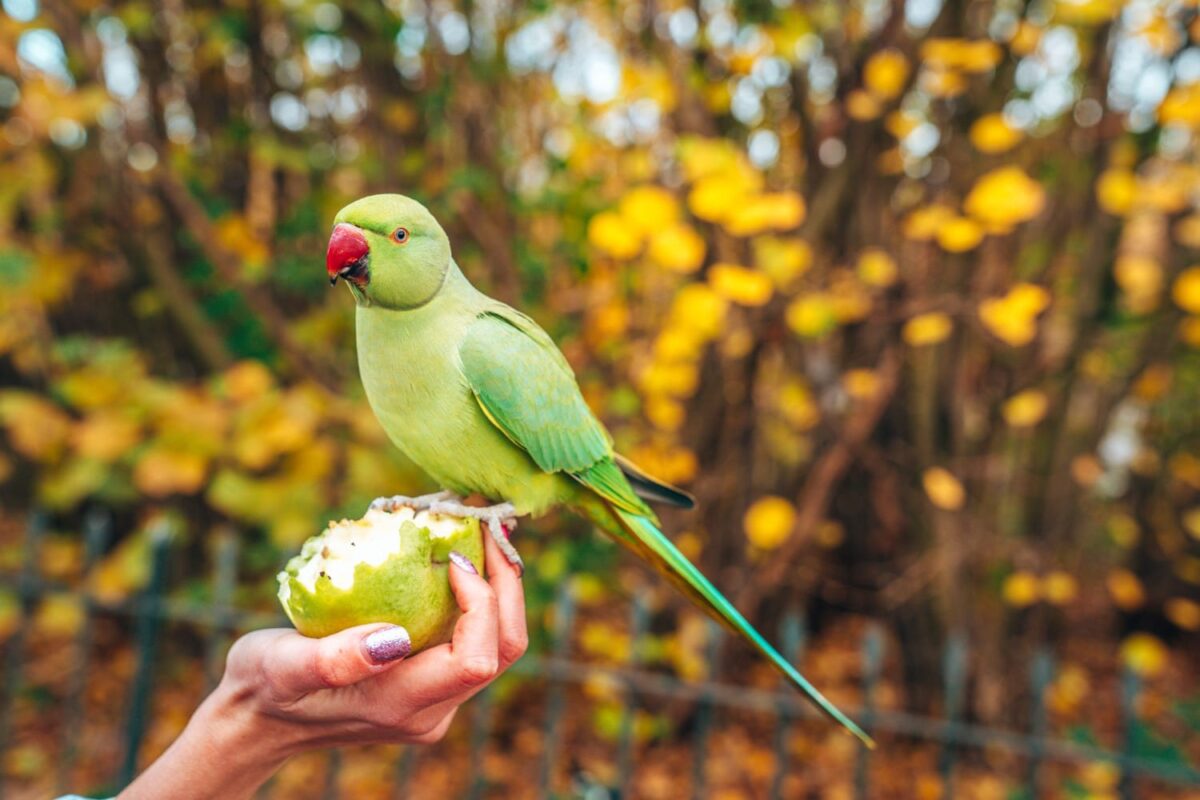
bird diet chart
Here is a sample bird diet chart that can be adjusted based on the species of bird:
Morning:
- Fresh water
- Small bowl of birdseed mix (e.g. sunflower, safflower, millet)
- Fresh fruits or vegetables (e.g. apple slices, carrot shreds, leafy greens)
Afternoon:
- Fresh water
- Small bowl of birdseed mix
- Pellets or formulated diet, appropriate for the bird’s species
- Protein source, such as cooked egg or meal worms
Evening:
- Fresh water
- Small bowl of birdseed mix
- Fresh fruits or vegetables
You may also be interested in: How to take care of birds
best protein for birds
The best protein sources for birds vary depending on the species of bird. However, here are some good protein sources commonly used in bird diets:
- Insects: Many species of birds, especially young birds, require insects as a significant part of their diet. Meal worms, crickets, wax worms, and fruit flies are all good options.
- Cooked egg: Cooked eggs are an excellent source of protein for birds and can be offered as a soft-boiled egg or scrambled egg.
- Meat: Some birds, such as birds of prey or scavengers, may benefit from small amounts of lean meat, such as chicken or turkey.
- Nuts and seeds: Nuts and seeds are a good source of protein for seed-eating birds, such as finches and parakeets.
It’s important to note that not all birds need the same amount of protein, and some may require more or less depending on their species and age.
Additionally, it’s essential to avoid feeding birds high-fat or high-salt foods, as these can be harmful to their health.
Consulting with a veterinarian or avian specialist can help ensure that your bird’s diet meets their specific nutritional needs.
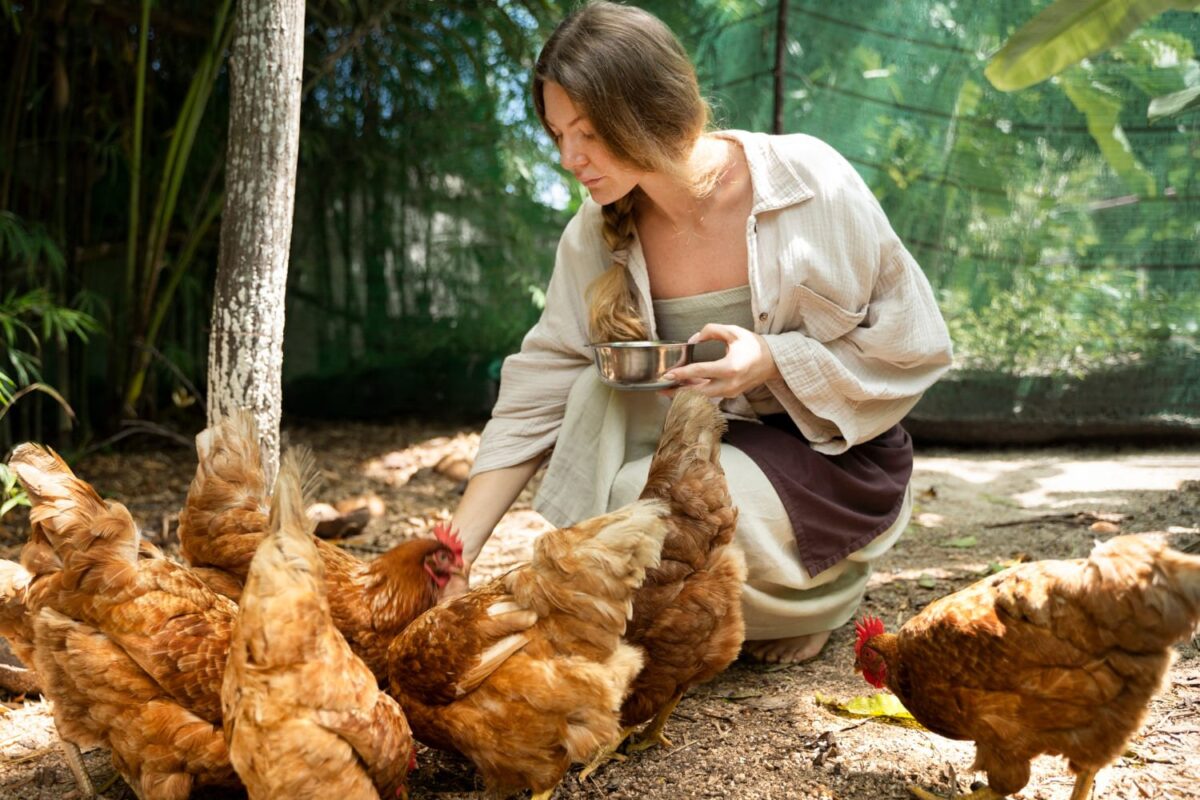
bird nutrition facts
Here are some general nutrition facts about birds:
- Carbohydrates: Birds obtain carbohydrates from their diet, primarily from sources such as fruits, seeds, and grains. Carbohydrates provide birds with energy for their daily activities.
- Protein: Protein is an essential nutrient for birds, as it is needed for muscle development, growth, and repair. Birds obtain protein from sources such as insects, seeds, and meat.
- Fat: Birds require fat in their diet for energy and to maintain healthy feathers and skin. Good sources of fat for birds include nuts, seeds, and fish.
- Vitamins: Birds require a variety of vitamins for good health, including vitamin A, vitamin D, and vitamin E. These vitamins are essential for maintaining healthy feathers, skin, and eyes.
- Minerals: Minerals are also essential for bird health, and birds require calcium, phosphorus, and iron, among others. Calcium is particularly important for egg-laying birds, as it is needed for strong eggshells.
It’s important to note that the exact nutritional needs of birds vary depending on their species, age, and overall health.
Providing a balanced and varied diet that meets a bird’s nutritional needs is essential for their health and well-being.
Consulting with a veterinarian or avian specialist can help ensure that your bird’s dietary needs are being met.
Conclusion
proper nutrition is essential for the health and well-being of birds.
A balanced diet that meets their specific nutritional needs can help them maintain healthy feathers, skin, and organs, and provide them with the energy they need for their daily activities.
By providing a varied and nutritious diet, we can help ensure that our feathered friends thrive and live long, healthy lives.
So, let’s take care of our feathered companions by providing them with the best nutrition possible!
You may also be interested in: The Fascinating Behavior of Birds: Insights into Avian Actions





